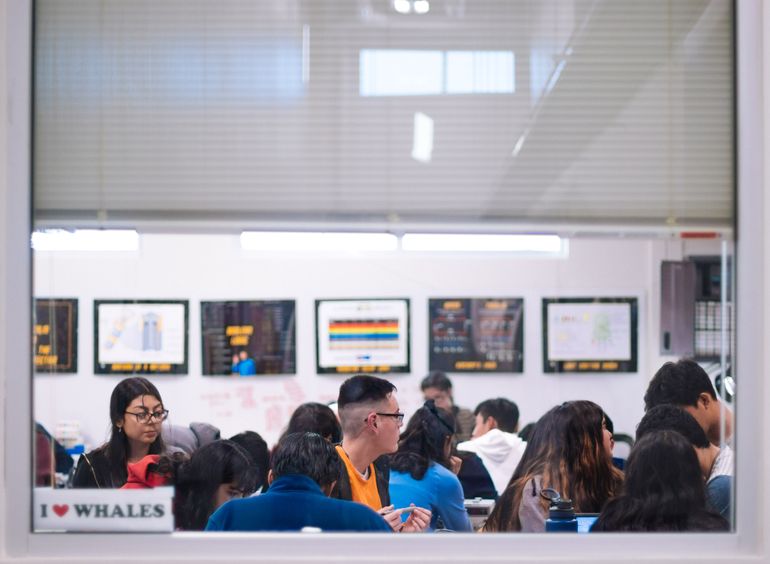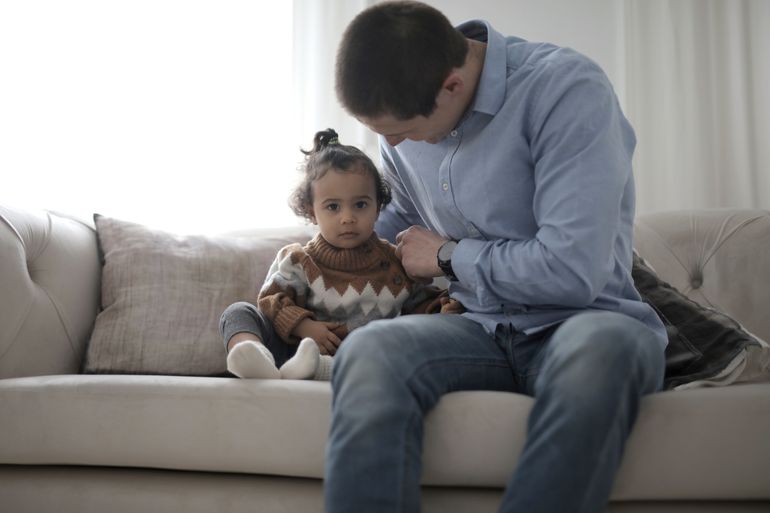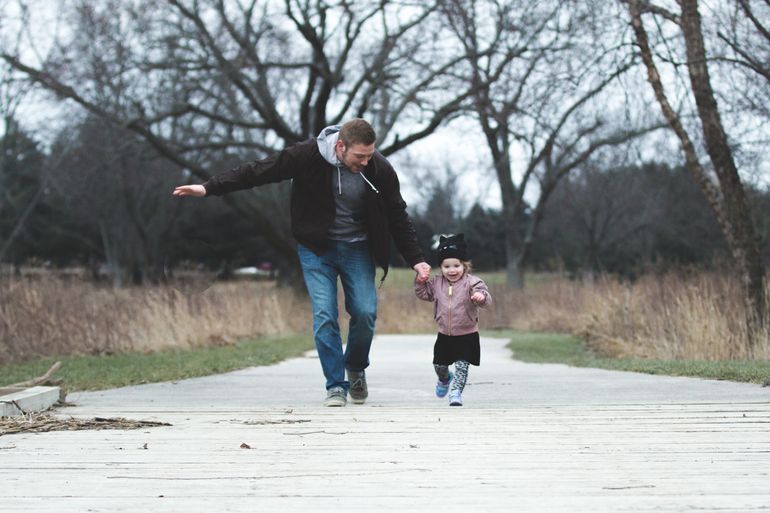Foster Care Licensing
The Definitive Guide to Becoming a Foster Parent in Orlando
Eligibility
People in many different situations are able to become foster parents. See the list below for common situations that potential Orlando area foster parents ask about. This list is by no means absolute. If you are concerned that your circumstances may pose a problem, discuss it with your local agency and they can tell you what options are available.
Unlikely to Pose a Problem
- Being single, unmarried, or living alone
- Being in a same-sex relationship
- Low income (as long as you are able to meet your child’s basic needs)
- Working during the day
- Living in an apartment or condo
- Having other children
- Having pets
May Pose a Problem
- Having a prior criminal or child abuse record
- Living with someone with a prior criminal or child abuse record in the same home
- Not being 21 years or older
- Receiving government assistance (SNAP, TANF, etc…)
- Being unable to meet the home study requirements in step 4 below
- Having medical or physical conditions that would prevent you from caring for a child (such as being bed bound)
Steps to Licensing
The following is a guide for foster care licensing in Orlando. Some agencies may have slightly different requirements. Make sure to check with your local agency first.

Step 1: Find an Agency
The first step to becoming a foster parent is contacting the Central Florida licensing agency: Family Partnerships of Central Florida. They are contracted by DCF to license new foster parents in Brevard, Orange, Seminole and Osceola counties. Fill out some basic information here or call 1-866-90CHILD to speak to a recruiter.
Before taking the in-person training (step 2), you will need to complete/submit the following: 1. Family Profile 2. Release of Information 3. Central Abuse Hotline Form 4. DCF Privacy Policy 5. Copy of Drivers License and 6. Copy of Social Security Card.
For more information, go to Family Partnerships of Central Florida’s foster care page.
Step 2: in-person training
All foster parents are required to complete the National Training and Development Curriculum (NTDC). The in-person trainings meet 9 weekday times for 3.5 hours (6:00-9:30pm). These classes are offered in all four counties at a variety of times throughout the year. Contact 866-90-CHILD to find the next class times.
8 hours of training hours are required annually to to maintain your license. A number of classes (in person and online) are available to meet this requriement. Florida has an online resource for training hours.

Step 3: clearances and documents
All foster parents are required to collect a number of documents and clearances before they can be licensed. Some items are required for the whole household, such as insurance. Other items are required for each person applying to be a foster parent. Background checks are required for all adults age 18 or older living in the home, even if they are not applying to be foster parents.
Household Requirements
The following items are required for the household.
- Car insurance
- Satisfactory Health Inspection of Home
- Foster care application
- Fire extinguisher with up to date tag
- Floor plan
- Disaster/evacuation plan
- Photos of the home- taken by licensing worker
Individual Requirements
The following items are required for each foster parent getting licensed.
- Proof of income
- Affidavit of good moral character- notarized
- Confidentiality agreement
- Partnership plan
- Fierarm Safety Affidavit
- Personal references
- NTDC class completion for all licensed adults.
Background Checks
The following clearances are required for each person age 18 or older living in your house.
- Local city/county background checks
- Calls for service at home
- FBI/FDLE clearance results
- Abuse registry check
- Adam Walsh out of state check if applicant resided outside of FL in past 5 years
- Civil court records
- Sexual offender registry check
- Driver’s license check
The following clearances are required for each person age 12-17 living in your house.
- Juvenile Justice records check

Step 4: home study
After completing your clearances and documentation, the final step to licensing involves a home evaluation. The initial license requires 2 home visits, including a home health inspection (good for 5 years). A representative from Family Partnerships of Central Florida will come to your house and go through a checklist to make sure your home meets the requirements set forth by DCF. They will also document your preferences on age, gender, disabilities, etc…
Home Study Checklist
Kitchen, Bath, and Utilities
- Working stove and refrigerator
- Adequate nourishing food
- Running hot and cold water
- Flushing toilet
- Working electricity
- Heating system
Bedrooms
- Crib for each child 0-2 years old
- Bed for each child >2 with bedding
- Closet or dresser available for clothing
- Separate genders in separate rooms for all children over age 5
Safety Measures
- No exposed wires
- Door/window locks
- Childproofing (outlet plugs/gates)
- Working fire extinguisher
- Smoke detector on each floor
- No structural damage
- No lead exposure
Other Items
- Firearms registered and secured away
- No pet safety issues
- Medicines/chemicals labelled and stored properly
- First aid kit with basic supplies
- Land line or cell phone available
- Motivation to foster
- Available transportation
- Swimming pool safety measures
- Medical history
- Financial capacity
- Religion
Step 5: Get Licensed
Once your home study is completed and your documents and clearances are all submitted, you are ready to be licensed! Family Partnerships of Central Florida will submit your file to DCF and you should receive your license in the mail. Once you are licensed, your house will be officially open and you can begin caring for children immediately. When a child needs a home, a social worker will contact you.
Depending on the age of the children you are licensed for, you may receive a call to let you know you are licensed and then another call a few hours later with your first placement offer. Please note, there is a major need for foster parents who will take children ages 10 and above.
To learn more about receiving your first placement, see the new placement guide.

Learn More About Foster Care
The following guides can help get you up to speed on several important aspects of foster care in Orlando.
Finances
Learn about financial support available for foster parents.
Healthcare
Learn about healthcare topics such as doctors visits and insurance.
The Legal System
Learn about family court, hearings, and child custody.
Caseworkers and Visits
Learn about the different types of caseworkers, home visits, and parent visits.
New Placements
Learn about what to ask when receiving a new placement and the first week in care
School and Daycare
Learn more about education, school, and daycare.
Adoption and Permanency
Learn about foster care, adoption, and foster-to-adopt.
Foster Care Policies
Learn about policies like travel and babysitters
